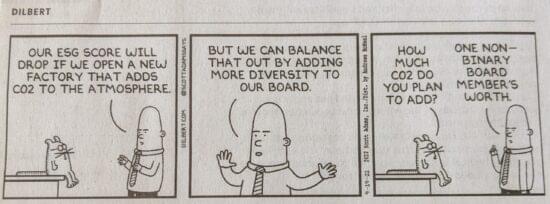Hurricane Ian made landfall on Florida’s west coast Wednesday afternoon as a powerful Category 4 storm.
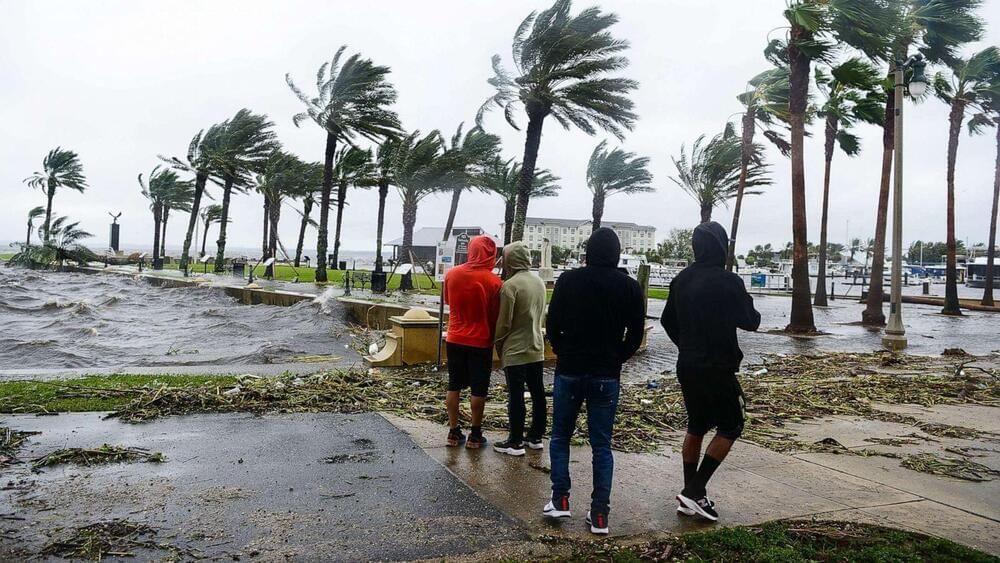

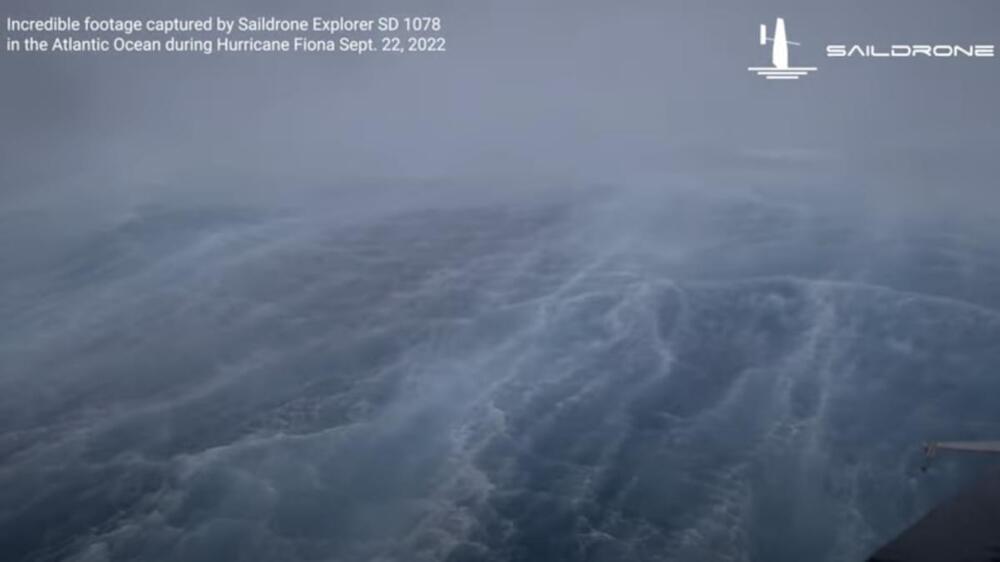
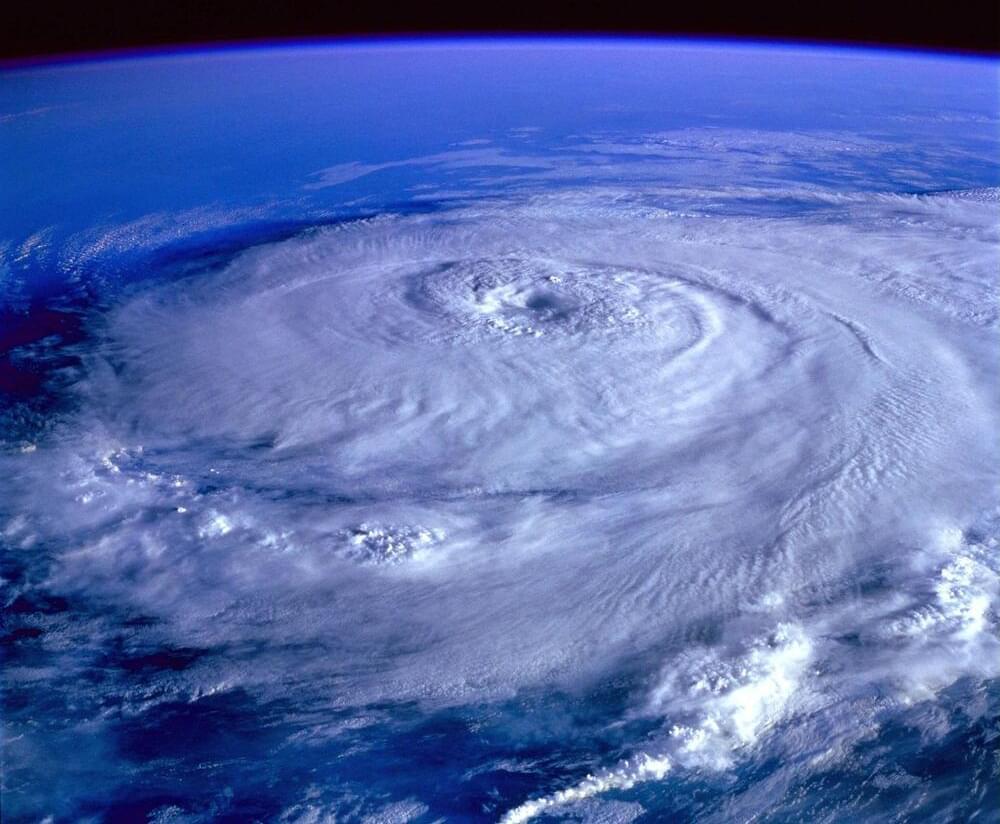
Stronger hurricanes that are re-energized by jet stream winds are twice as likely to cross the Atlantic and wreak havoc in Europe than weaker ones, new research has found.
Atlantic hurricanes generate international attention because of the destruction they can cause across North America and the Caribbean. Just days ago, ex-hurricane Fiona impacted Canada as one of their strongest storms on record. While lesser-known, these cyclones can also wreak havoc in Europe.
The question of why some hurricanes make it to Europe as ex-hurricanes while others don’t has been unclear. The scientists investigated this question by studying 180 ex-hurricanes over a 40-year period, finding that stronger hurricanes are far more likely to reach Europe, and that those encountering strong jet stream winds often re-intensify, helping them to move further east.
Saildrone/NOAA
Recently, the collaboration between the U.S. National Oceanic and Atmospheric Administration (NOAA) and Saildrone, a company that develops sailing drones, did exactly that. They sent a robot into Hurricane Fiona, the tropical storm that has deluged Puerto Rico and is now headed towards Canada’s east coast, Mashable reported.
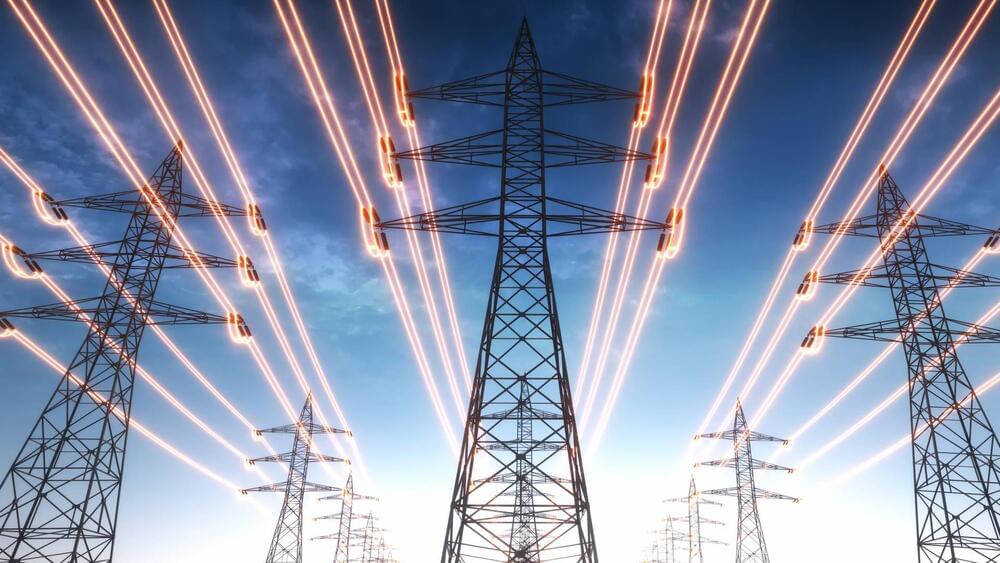
Volkswagen’s charging unit Elli and re.alto, a startup owned by Brussels-based Elia, signed a memorandum of understanding on Friday to collaborate on ways to integrate EVs into the electricity system in order to fight global warming.
A route to abating climate change
“The wide-spread adoption of EVs will be one of society’s fastest and most effective routes to abating climate change in the coming decade. Additionally, EV batteries will be able to contribute to keeping the grid in balance as the share of renewables in the energy mix increases. This can only occur if consumers are encouraged to valorize their flexibility, aligning their charging behavior with the availability of affordable green energy,” said the statement.
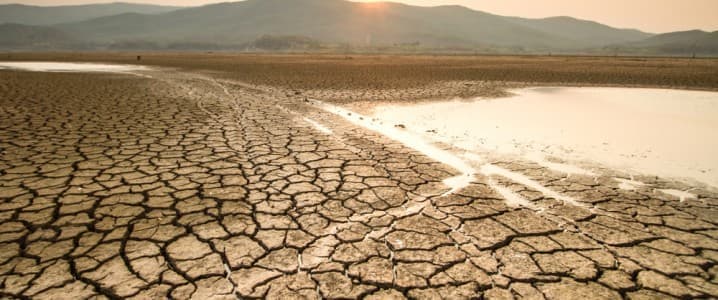
Desalination will be key to success in maintaining civilizations. Also other technologies like water from air machines. But I also do believe that creating water with some sorta light into matter device like from star trek will make us able to travel anywhere even the stars. Furthermore fusion is key to maintaining civilization as well as it will stem the need for oil or even natural gas which finite and fusion is near infinite.
For years, the energy sector, and almost every other sector, has taken water for granted, viewing it as an abundant resource. But as we move into a new era of renewable energy, the vast amounts of water required to power green energy operations may not be so easy to find. And it’s not just renewables that are under threat from water scarcity, as it also hinders fossil fuel production and threatens food security.
In recent months, we have seen extreme droughts across Europe and the U.S., which are finally making people realise the significance of water security. Stefano Venier, CEO of the Italian energy infrastructure company Snam, highlights the huge impact recent droughts have had on both food security and energy production. Labelled as ‘Europe’s worst drought in 500 years’, the low water levels have restricted shipping capabilities, as well as drying up soil and reducing summer crop yields.
Venier explains, “For a long time, water was considered [as being] for free, as something that is fully available in any quantity.” He went on to say, “Now, we are discovering that with climate change … water can become scarce.” And so, “we have to regain the perception of importance, and the value [that] … the water has, also, with respect to … energy production… we have discovered that without water, enough water, we cannot produce the energy we need, or we can’t ship the fuels for filling the power plants,” he added.
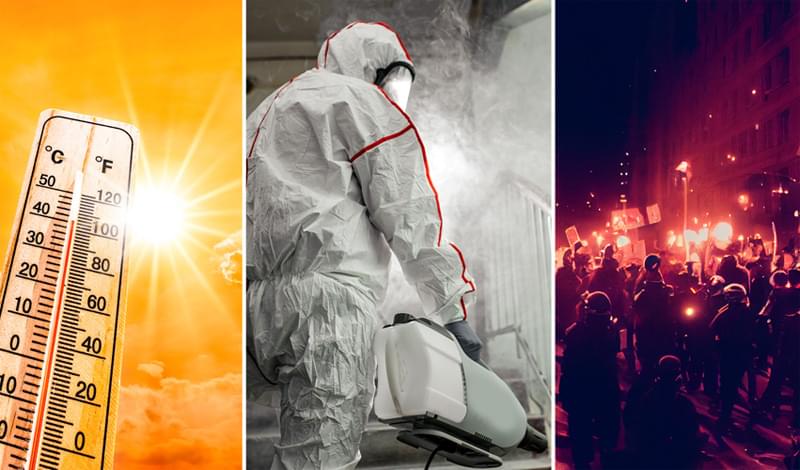
It is scheduled to be completed by 2050.
Tokyo’s Metropolitan Government plans to build a high-tech, sustainable city on reclaimed land in its bay area — Tokyo Bay eSG. Announced in April 2021, the Tokyo Metropolitan Government is clearing the decks for action to make the city carbon-neutral and better able to withstand future climate and health crises.
As its name implies, Tokyo eSG will be designed on the fundamentals of social and environmental governance and combine cutting-edge green technologies.
Tokyo Bay eSG
Announced in April 2021, the Tokyo Metropolitan Government is clearing the decks for action to make the city carbon-neutral and better able to withstand future climate and health crises.
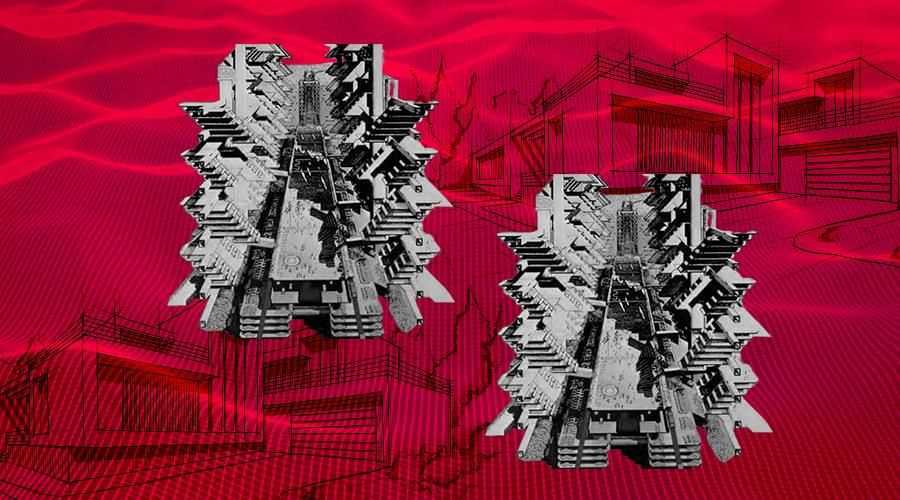
Those who are venturing into the architecture of the metaverse, have already asked themselves this question. A playful environment where all formal dreams are possible, where determining aspects for architecture such as solar orientation, ventilation, and climate will no longer be necessary, where – to Louis Kahn’s despair – there is no longer a dynamic of light and shadow, just an open and infinite field. Metaverse is the extension of various technologies, or even some call them a combination of some powerful technologies. These technologies are augmented reality, virtual reality, mixed reality, artificial intelligence, blockchain, and a 3D world.
This technology is still under research. However, the metaverse seems to make a significant difference in the education domain. Also, its feature of connecting students across the world with a single metaverse platform may bring a positive change. But, the metaverse is not only about remote learning. It is much more than that.
Architecture emerged on the construction site, at a time when there was no drawing, only experimentation. Over time, thanks to Brunelleschi and the Florence dome in the 15th century, we witnessed the first detachment from masonry, a social division of labor from which liberal art and mechanical art emerge. This detachment generated different challenges and placed architecture on an oneiric plane, tied to paper. In other words, we don’t build any structures, we design them. Now, six centuries later, it looks like we are getting ready to take another step away from the construction site, abruptly distancing ourselves from engineering and construction.
